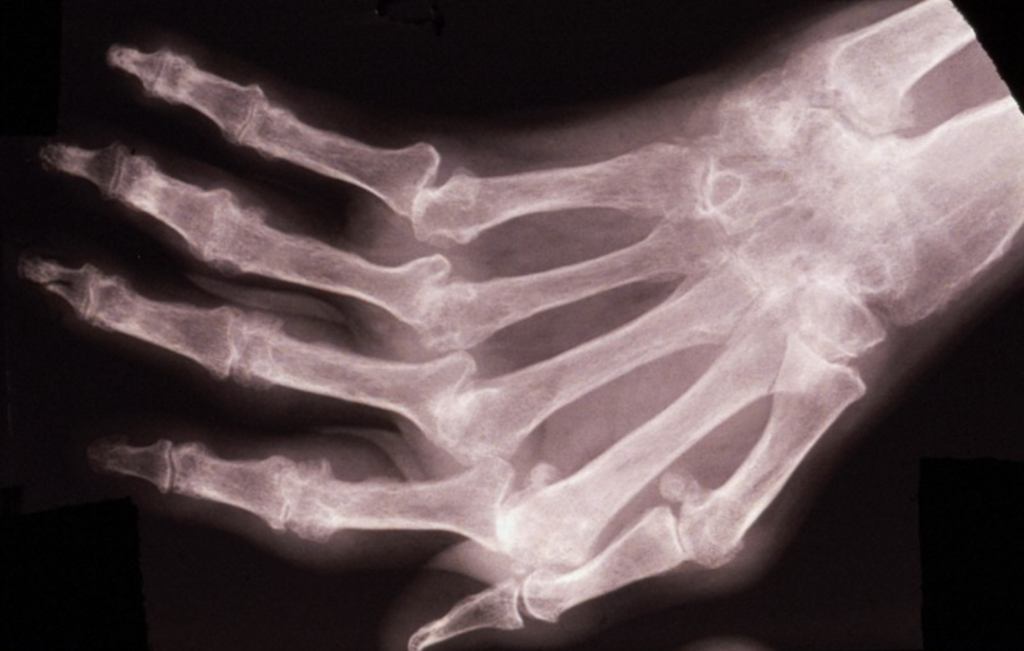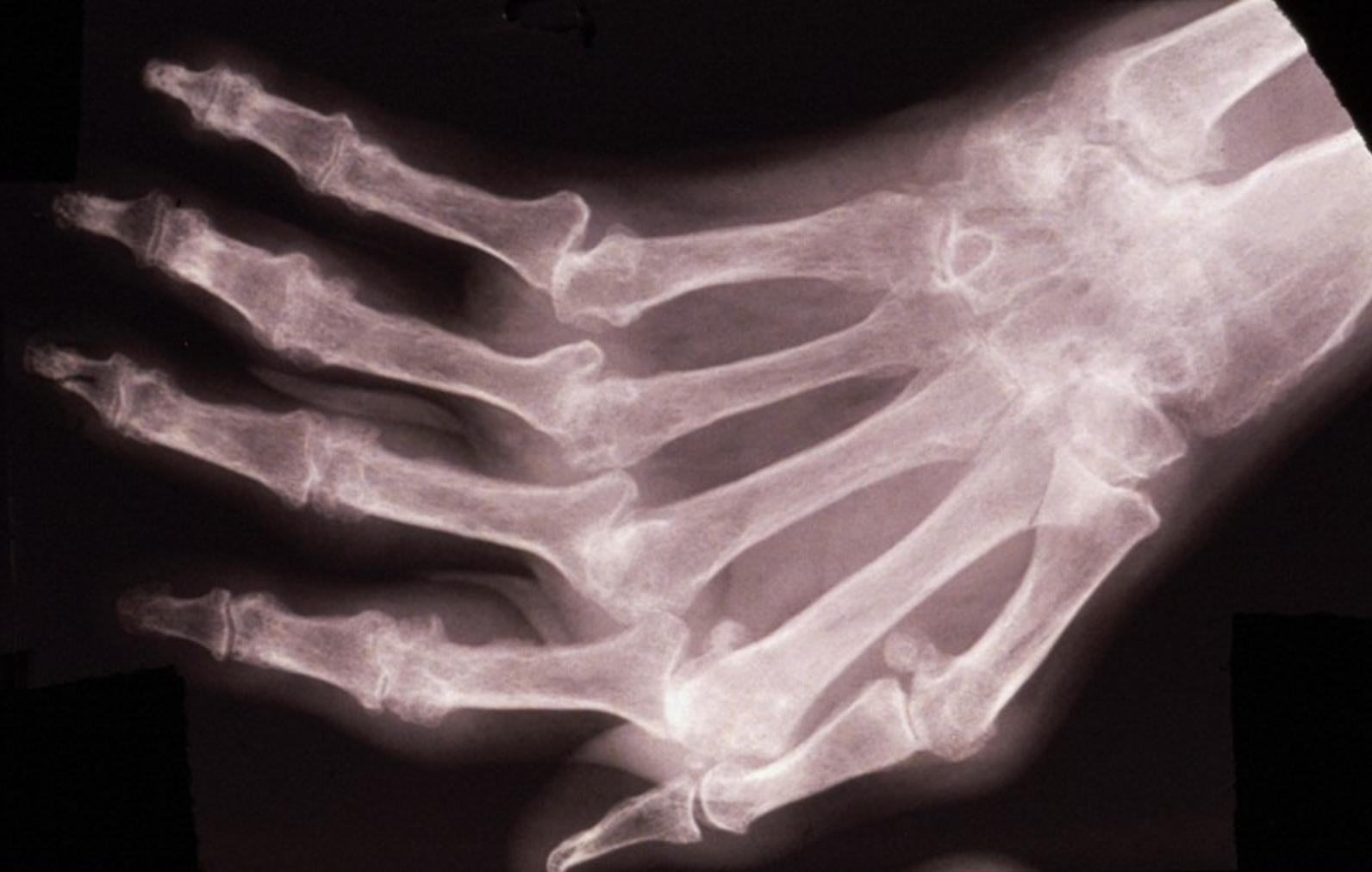Table of Contents
What is Rheumatoid Arthritis?
Rheumatoid arthritis (RA) is a chronic inflammatory disorder that primarily affects joints. Unlike osteoarthritis, which is caused by wear and tear, RA is an autoimmune condition where the immune system mistakenly attacks the body’s tissues. This disease not only impacts joints but can also affect other body systems, including the skin, eyes, lungs, heart, and blood vessels. RA can cause painful swelling that can eventually result in bone erosion and joint deformity. The inflammation associated with RA is what distinguishes it from other forms of arthritis.
Symptoms of Rheumatoid Arthritis
Recognizing the symptoms of rheumatoid arthritis early is crucial for effective management. Common symptoms include:
Joint Symptoms
- Pain and Stiffness: Typically worse in the mornings and after periods of inactivity.
- Swelling: Joints may appear swollen and feel warm to the touch.
- Redness: Affected joints may be red and tender.
Systemic Symptoms
- Fatigue: A general feeling of tiredness and lack of energy.
- Fever: Low-grade fever might accompany flare-ups.
- Weight Loss: Unintended weight loss can occur as the body’s metabolism is affected.
Treatment Options for Rheumatoid Arthritis
Managing rheumatoid arthritis effectively requires a comprehensive approach that includes medical treatments, lifestyle changes, and sometimes surgery. Here are the main treatment options:
Medications
- Nonsteroidal Anti-Inflammatory Drugs (NSAIDs): Help reduce pain and inflammation.
- Steroids: Such as prednisone, to control inflammation and slow joint damage.
- Disease-Modifying Antirheumatic Drugs (DMARDs): Slow the progression of RA and save joints from permanent damage.
- Biologic Agents: Target specific parts of the immune system to control inflammation.
Physical Therapy
- Exercises: Tailored exercises can help maintain flexibility and strength.
- Assistive Devices: Splints and braces can support affected joints.
Surgical Options
- Synovectomy: Removal of the inflamed joint lining.
- Joint Replacement: Damaged parts of the joint can be replaced with metal or plastic parts.
- Tendon Repair: Repairing tendons around joints that may have ruptured or loosened.

Home Remedies and Diet for Rheumatoid Arthritis
Certain foods and drinks can help manage rheumatoid arthritis symptoms. Here are some beneficial dietary choices:
Anti-Inflammatory Foods
- Fatty Fish: Rich in omega-3 fatty acids, which reduce inflammation.
- Berries: High in antioxidants that can fight inflammation.
- Leafy Greens: Packed with vitamins and minerals that support overall health.
Helpful Beverages
- Green Tea: Contains anti-inflammatory compounds.
- Ginger Tea: Ginger has anti-inflammatory and antioxidant properties.
- Turmeric Milk: Turmeric’s active ingredient, curcumin, has strong anti-inflammatory effects.
People Also Ask
What is the main cause of rheumatoid arthritis?
The exact cause of RA is unknown, but it is believed to involve a combination of genetic and environmental factors. The immune system attacks the synovium—the lining of the membranes that surround your joints—causing inflammation and joint damage.
Can rheumatoid arthritis go away?
RA is a chronic condition and does not go away. However, with proper treatment, many people can manage their symptoms and achieve periods of remission, where the symptoms are minimal or absent.
What foods are bad for rheumatoid arthritis?
Foods that can exacerbate inflammation and worsen RA symptoms include red meat, processed foods, sugar, refined carbs, and foods high in saturated and trans fats.
How can I prevent rheumatoid arthritis?
While RA cannot be completely prevented, you can reduce your risk by maintaining a healthy weight, avoiding smoking, and managing stress. Regular exercise and a healthy diet also play vital roles.
Is exercise good for rheumatoid arthritis?
Yes, regular exercise is beneficial for individuals with RA. It helps maintain joint flexibility, muscle strength, and overall physical health. Low-impact exercises like swimming, walking, and cycling are particularly good.
By understanding rheumatoid arthritis and the various treatment and management options available, individuals can better navigate their condition and improve their quality of life. While a permanent cure remains elusive, ongoing research continues to offer hope for more effective treatments and potentially curative therapies in the future.
For more content keep following drus.net
